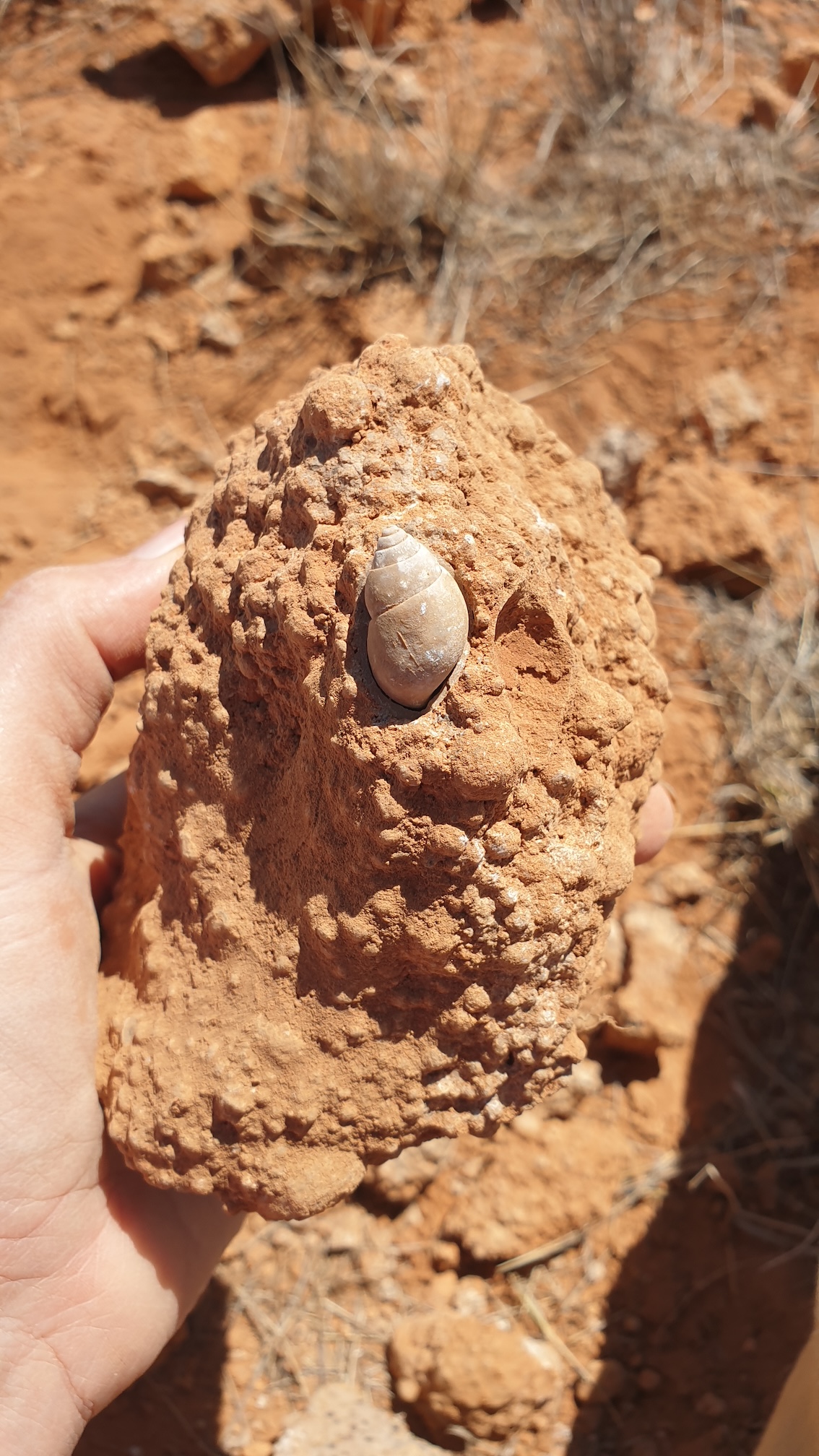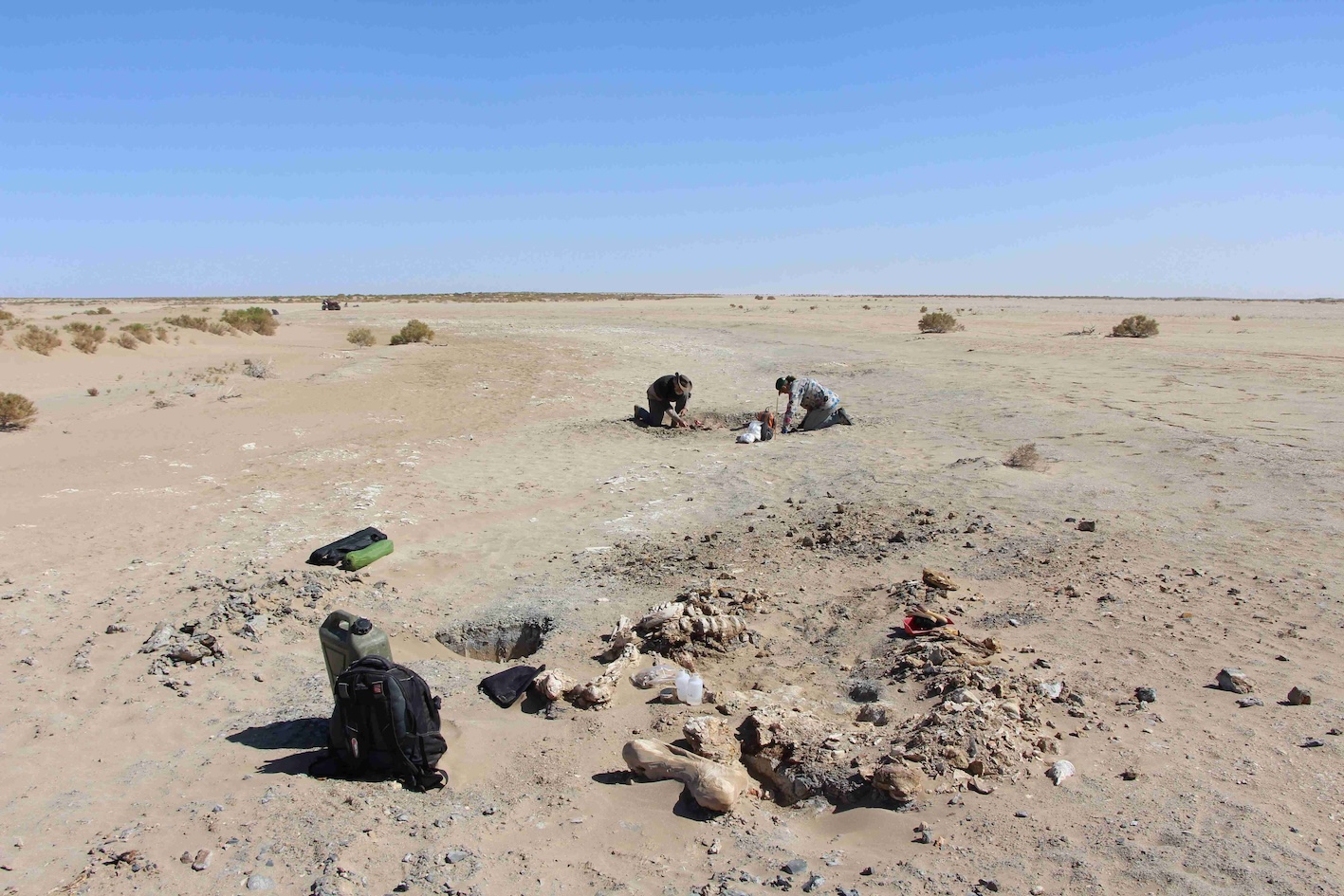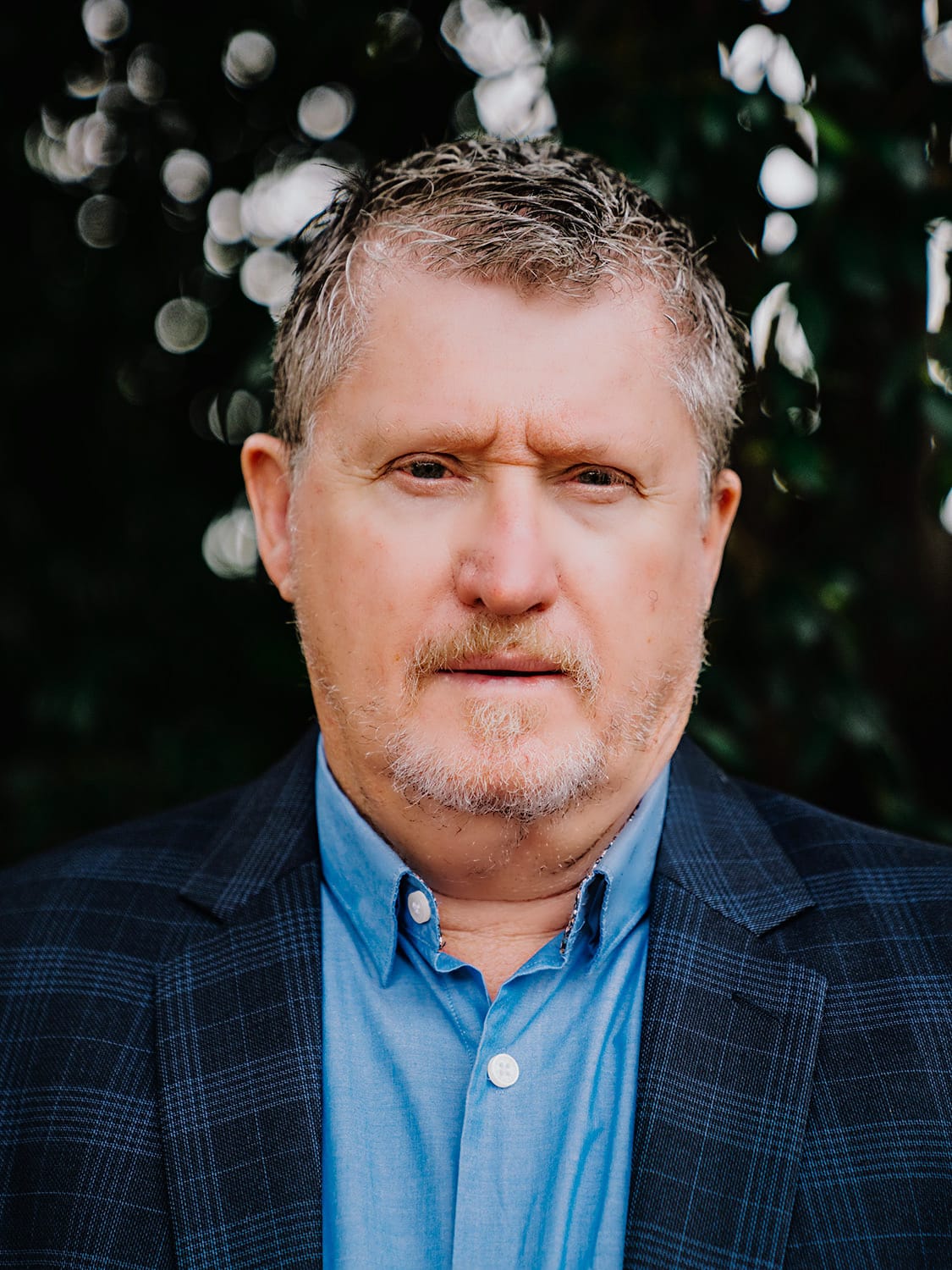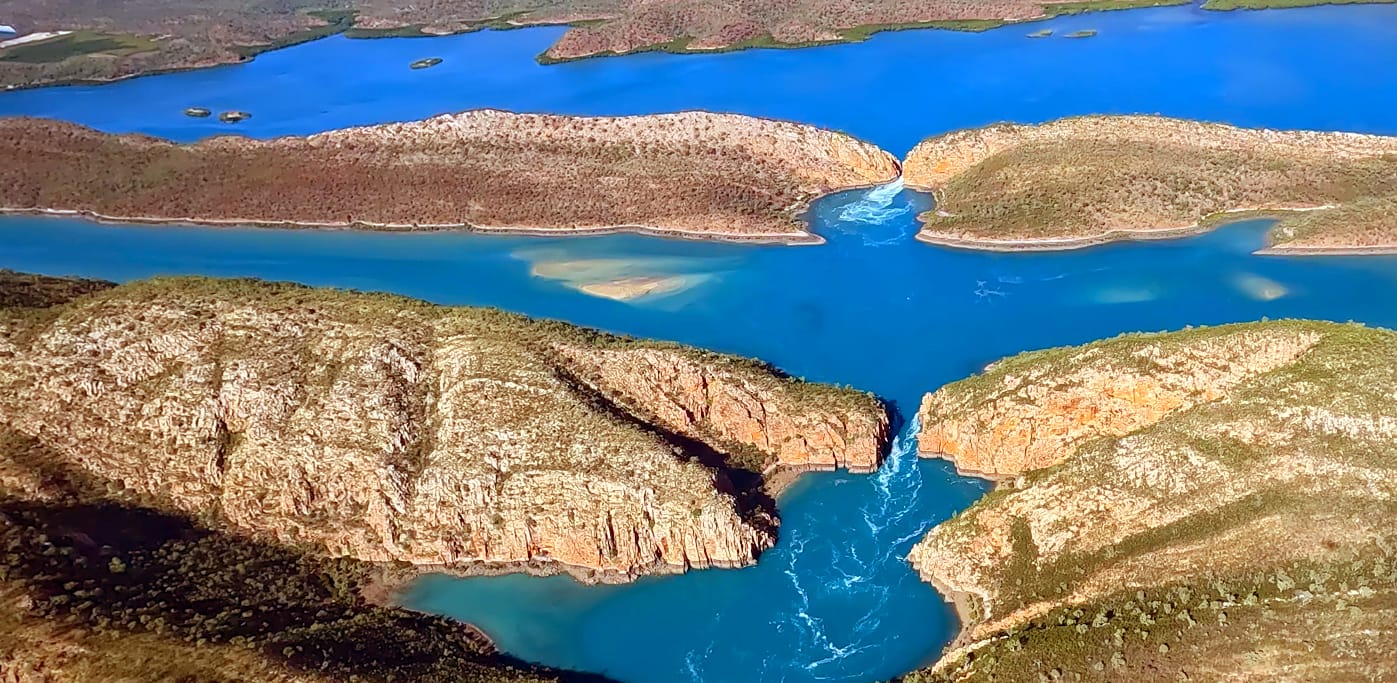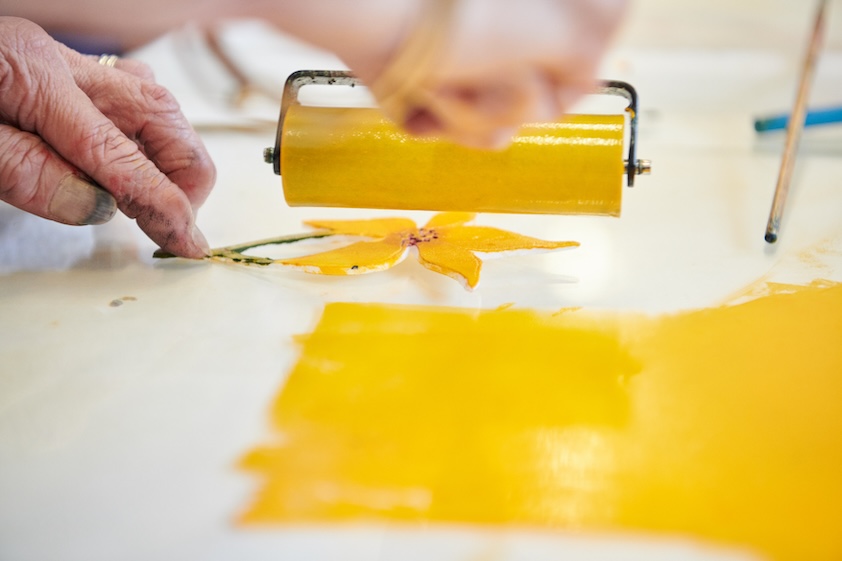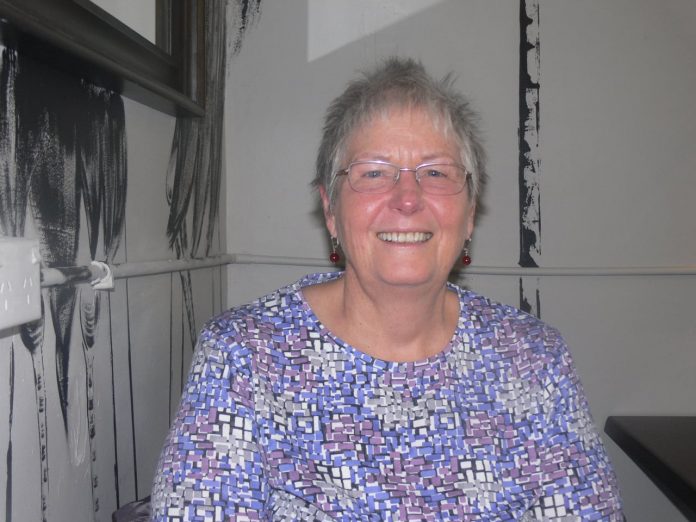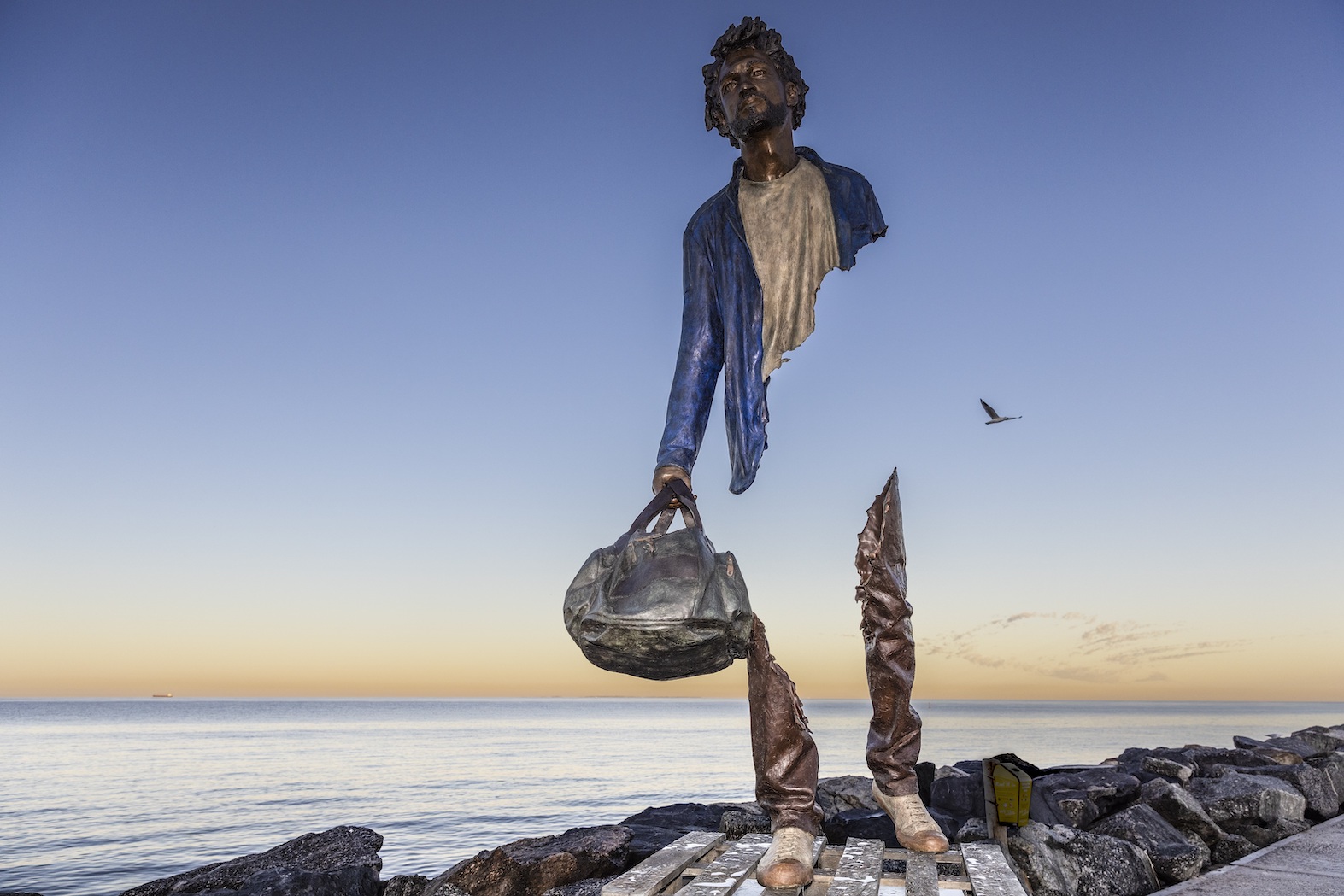Every now and again you meet someone who has done a remarkable number of things in their life and continues to participate in major ways when they are supposed to have retired.
Erica Smyth is one. She grew up in Geraldton, and her first job was cleaning crayfish tails during school holidays.
After leaving school she initially studied chemistry at the University of WA, but became interested in geology and completed her Bachelor of Science degree with majors in geology.
She takes issue with climate change deniers.
“They say, rightly that the earth is heading into a new ice age due to cyclic changes in the earth’s orbit.
“However, geology moves at glacial speed. The orbit-related changes of how much heat reaches the earth take thousands of years. It has little effect on global warming in the short term.
“We need to protect the atmosphere from particulates, carbon dioxide and methane, all of which contribute to global warming, and we need to act now.
“In geological terms our current targets of net zero by 2050 gives us little time.”
Erica Smyth began her career in the mid 1970s with BHP (now BHP Billiton) at Newman in the Pilbara.
While working at Newman she found she had undiagnosed Type 1 diabetes, which was life-threatening.
“The Royal Flying Doctor Service (RFDS) saved my life,” she said.
“I now have an insulin pump and monitor my blood sugar with an iPhone. I have no eyesight problems or peripheral neuropathy.
“I’ve tried to give back to the RFDS. I was on the board for nine years and I’ve been involved with Diabetes Research WA for over 20 years.”
She is also a board member of the Lions Eye Institute.
“We have the funds for another chair but finding a suitable applicant, willing and able to relocate in WA during the Covid pandemic is proving difficult,” she said.
After two years in Newman she studied at McGill University in Montreal, Canada for Applied Master of Science degree. She was the first and only woman on the course. This was followed by a spell as a geologist in the Canadian north-west territories.
Her later positions included seven years as principal geologist for BHP Minerals, and BHP-Utah Minerals International’s Beenup project manager for four years.
She then moved to BHP Petroleum as their manager gas market development WA and later joined Woodside Petroleum as general manager – corporate affairs.
She has been a professional company director since 2005. More than half her directorships have been in not-for-profit enterprises. Her roles have Included chair of uranium explorer Toro Energy, ScreenWest and Scitech.
She has interests in the outdoors, travel and remote parts of Australia. Unable to travel overseas last year she visited the Rowley Shoals and this year hopes to get to Christmas Island.
She was diagnosed with ovarian cancer in February 2020 and while that is now in remission she expects it to return one day. In the meantime she is participating in a trial at Edith Cowan University of the effect of exercise at home on this cancer type.
“First they measured my baseline strengths and I started with supervision by zoom. I did weight-bearing exercises three days a week, and my phone has an app that counted the number of steps I took every day. It started gradually increasing over three months and the results were excellent. Now the regime is part of my normal life and I feel good for it.”
She is passionate about biodiversity and the pressure of the expanding human population is exerting on energy, water and food resources. The State has eight out of Australia’s 15 declared biodiversity hotspots and one of the highest rates of new species discovery in the world.
Due to the vastness of the State, rich biodiversity and a finite research capacity, there is limited knowledge about many species and ecosystems.
“WA is a biodiversity hotspot. Data has been collected by researchers in mining, agriculture and medicine separately, but the different disciplines have not pooled their information.
“We need to improve communication across the disciplines,” she said. To do this she is involved with the Western Australian Biodiversity Science Institute (WABSI).
WABSI is a partnership between state government departments and leading research organisations and is developing new ways to gather and use digital biodiversity information from major companies, universities, other sources and revamped historical [ES1] data.
“They are trying to develop a standard analytical framework for environmental information collection, storage and analysis.”
The challenge is to develop the State’s resources while minimising adverse impacts on the environment. Shared scientific knowledge will enable government, industry and community to make better decisions about conservation and economic development.
“This project will, hopefully, be expanded to cover all Australia. It will provide important information for the world towards safer, sustainable environmental management, monitor the state of the environment and provide help with common problems at regional level,” she said.
These are only a few of the activities Erica is involved in. It makes one wonder how she ever found time to be BHP’s senior geologist.




